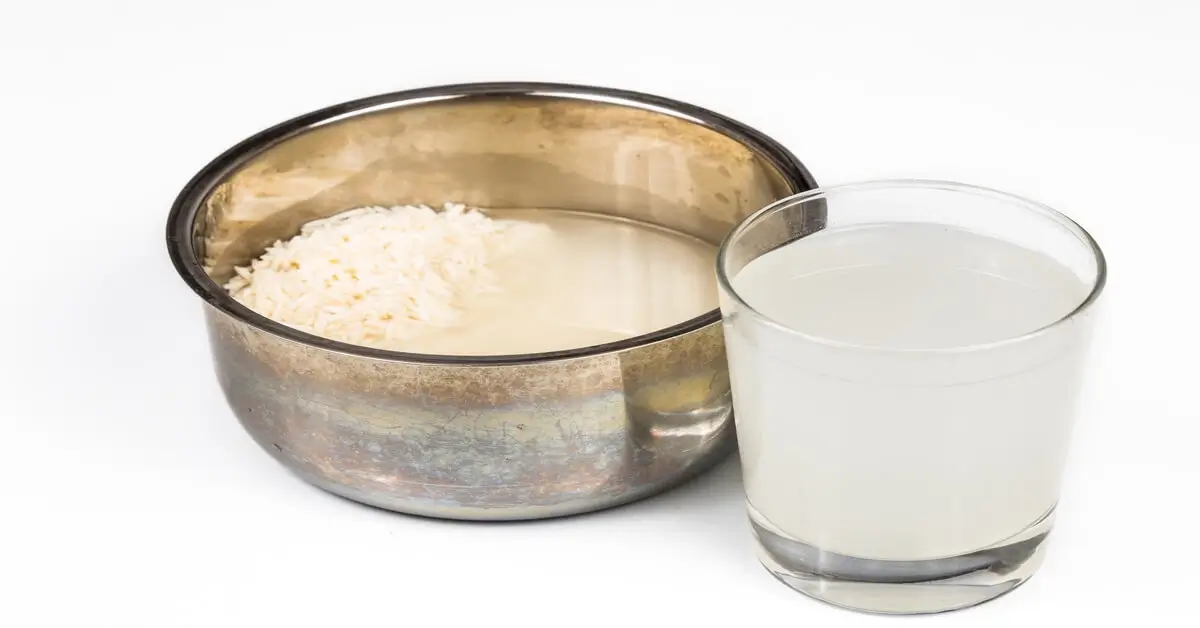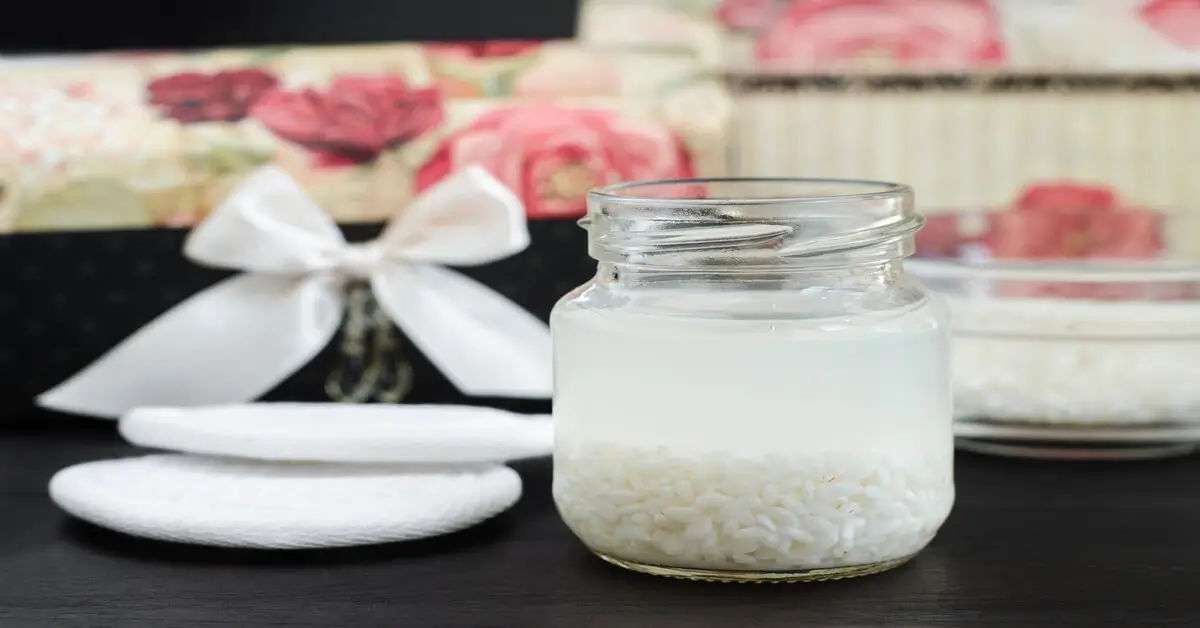Using rice water for plants has surged in popularity in recent years. Home gardeners and indoor plant enthusiasts are discovering how this simple, homemade solution can benefit their beloved greenery. We’re here to unravel the secrets of this practice and help you understand how to harness these benefits for your plants.
Understanding Rice Water
Rice water is the starchy liquid left after either soaking or cooking rice. Both uncooked rice and boiled rice water can provide this nutrient-rich liquid. It’s a valuable resource we often overlook and discard when we could use it to nourish our plants.
How to Make Rice Water

Creating rice water for your plants is a simple task. For washed rice water, rinse uncooked rice in a bowl until the water turns cloudy. This water contains the rice’s initial surface starch, which benefits plants.
Alternatively, you can boil rice, capturing the water once the cooking process is finished. Remember, if you’re using a rice cooker, don’t add salt or flavorings that might harm your plants.
Fermented Rice Water
Fermented rice water is another potent variant you can create. Just let the rice water sit at room temperature for a couple of days. This process will enrich the water with more nutrients and beneficial bacteria, further stimulating plant growth.
Nutrient Composition of Rice Water
Rice water is rich in nutrients. It primarily contains starch, a crucial element for plant growth. Starch provides energy for plant cells and plays a pivotal role in photosynthesis.
Moreover, rice water contains small amounts of other vital nutrients, including nitrogen, phosphorus, and potassium. These macronutrients help support overall plant health and development.
Using Rice Water for Plants
Watering indoor plants with rice water is relatively straightforward. Just replace your regular water with rice water for a nutrient-packed alternative. You can use the solution for outdoor plants as part of your normal watering routine or as an additional supplement.
Benefits of Rice Water for Plants

The starch in rice water promotes the growth of beneficial soil bacteria. These bacteria aid in breaking down organic material in the soil, making essential nutrients more accessible for the plants.
What’s more, these nutrients from the rice water can support the development of plant cells, encourage more robust root systems, and increase plant growth. Studies have shown that rice water can also help improve plant leaf color and resilience.
Precautions When Using Rice Water
While using rice water can be advantageous, be cautious and use sparingly. Excessive application might lead to soil starch buildup, which could feed harmful microbes.
Watering your garden with rice water once every few weeks is recommended. Observing your plants’ reactions can help you decide on the best frequency.
Conclusion
Rice water for plants offers a cost-effective and eco-friendly way to supplement your plants’ nutrient needs. So the next time you cook rice, think twice before pouring that precious liquid down the drain! Your garden might thank you for it.

